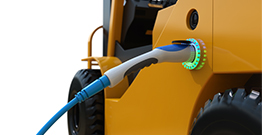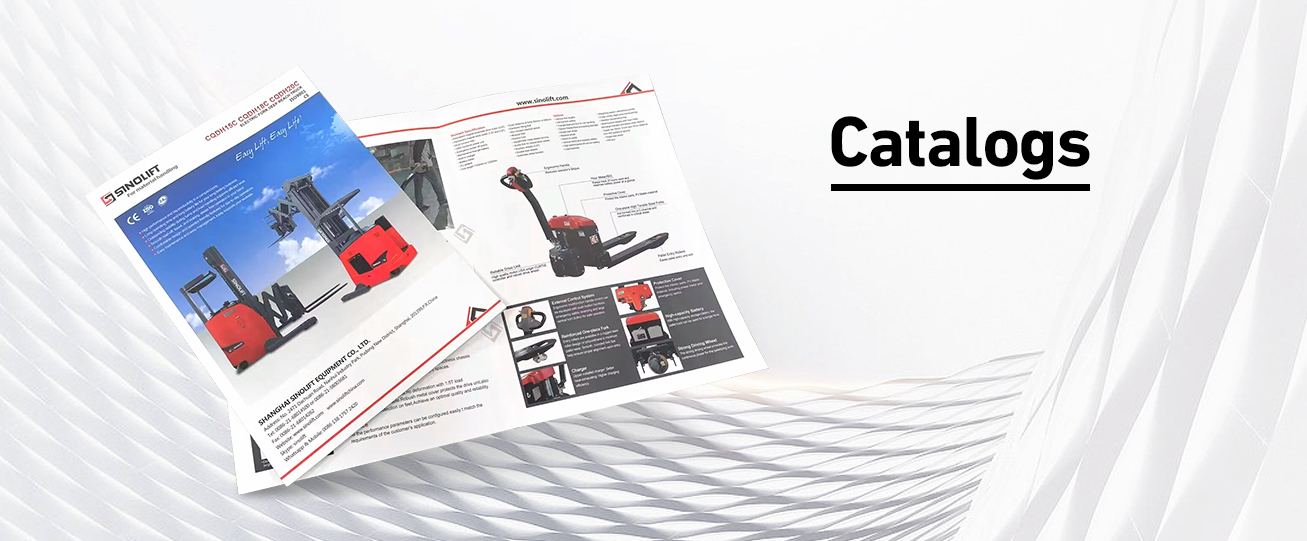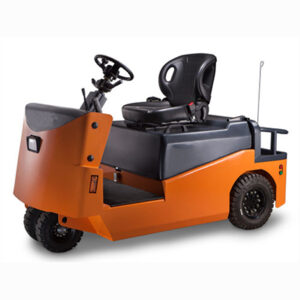Hastened by the demands of the Paris Climate Agreement and continued reminders that the time for effective climate action is beginning to run out, the global transition to electrification is now inevitable.
The good news for those in the materials handling sector is that the recent technological advances, including the introduction of next-generation forklift batteries, place them in a good position to say goodbye to their old diesel or LPG-powered forklifts and be part of this important change.
That said, what exactly are the latest options, and how do they compare with each other?
“The next-frontier innovations in batteries are solid-state electrolytes and the new active cathode and anode materials, such as sodium-ion, silicon-ion and others. However, commercialisation of new technologies normally takes decades, so the most exciting innovations in power sources of today come with the tried and trusted lithium batteries,” says Maxim Khabur, marketing director of OneCharge, a supplier of over 650 models of industrial lithium-ion batteries for nearly every make and model of electric industrial trucks.
According to Khabur, manufacturers, food and beverage makers, warehousing operations and others are turning to industrial lithium batteries to not only achieve sustainability goals, but also enhance efficiency, overcome labour shortages, and more.
“The benefits of lithium-ion batteries include longer operating time with minimal downtime, improved operations, remote diagnostics and integration into fleet management systems. Lithium batteries are fundamental for AGV and AMR use, which helps to overcome labour shortages and support automation in manufacturing and logistics,” he says.







